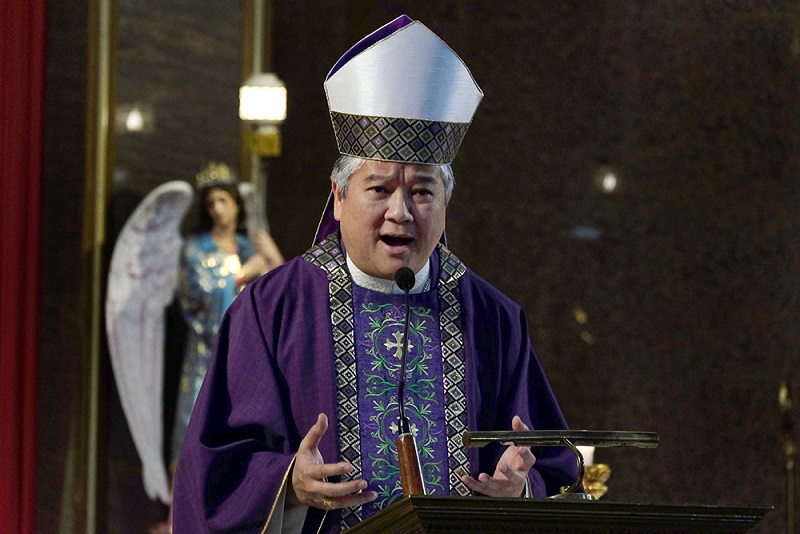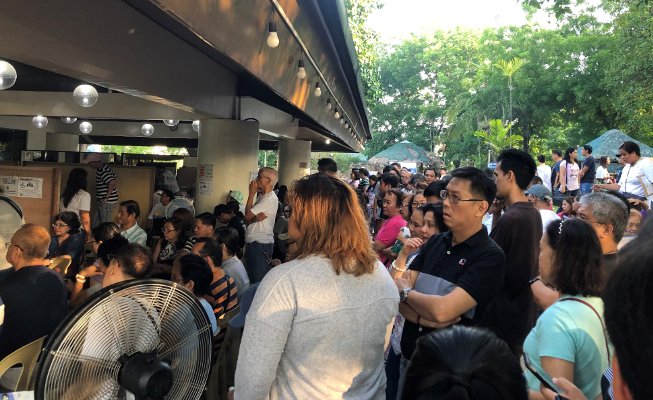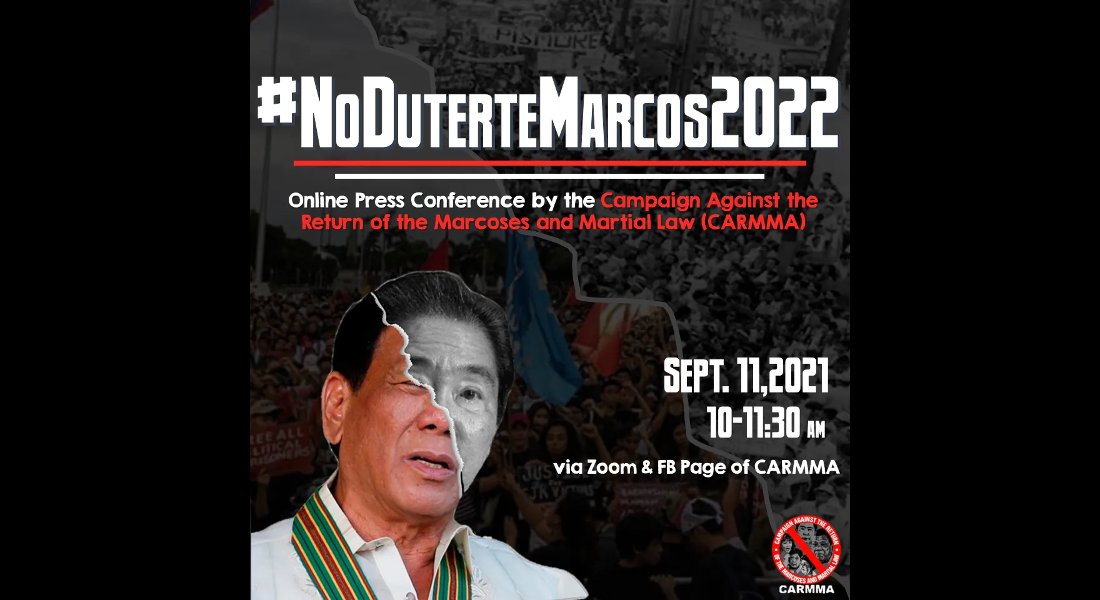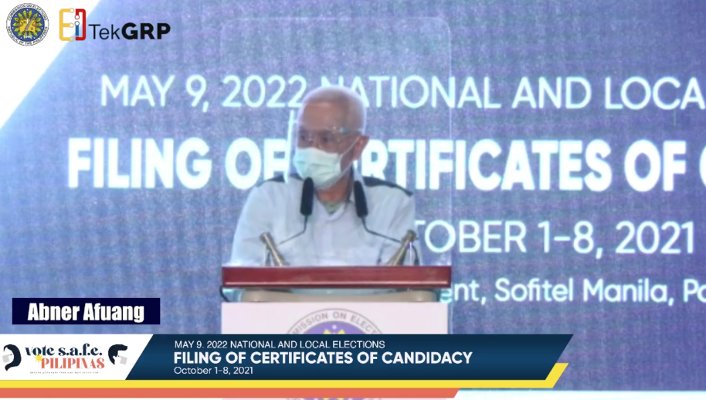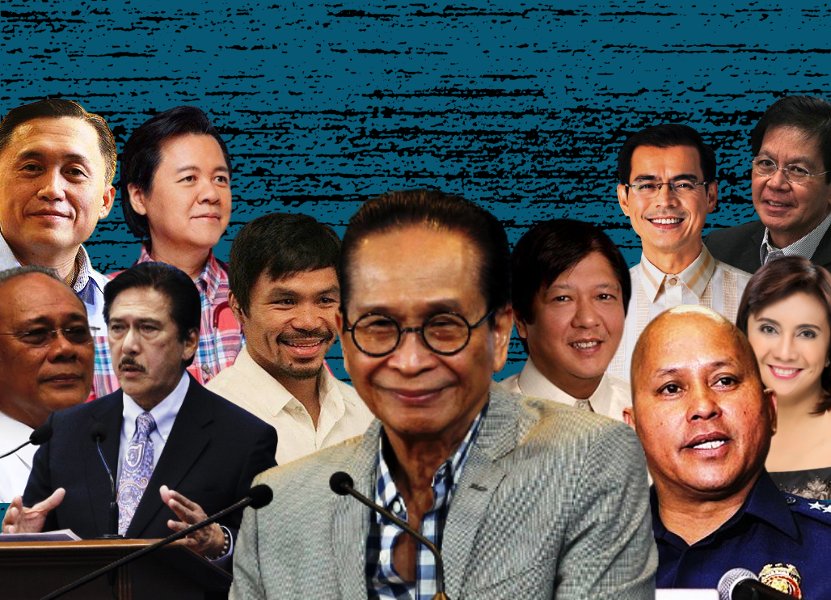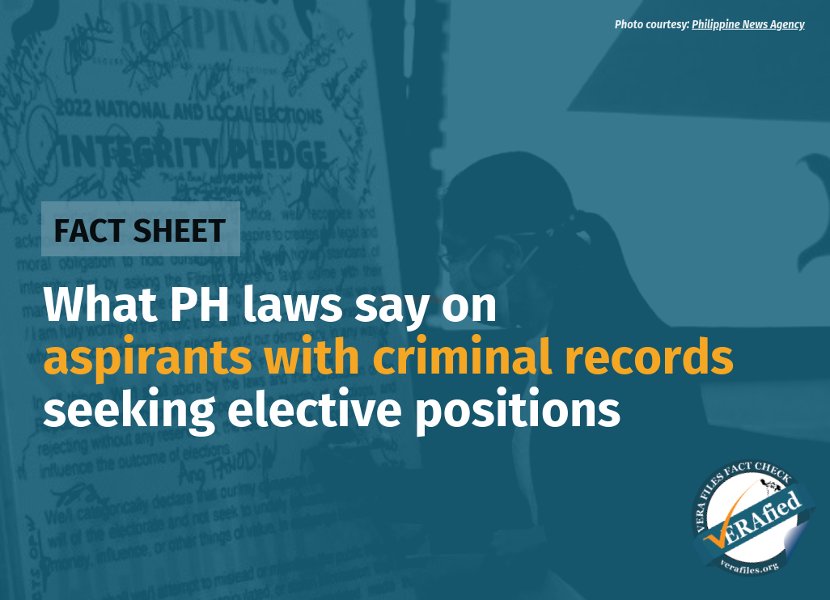I speak as a layperson who has studied Catholic theology and catechism.
Two articles have come out in recent days that offer apolitical perspectives that can guide voters in the coming elections. I say apolitical because they neither explicitly nor specifically endorse a candidate. Which leads us to the paramount question in the minds of many lay people: Can the church (in this case the Catholic Church) endorse a candidate for election?
First, it is essential to point out that the church hierarchy in the Philippines composed of priests, bishops and religious (nuns and priests who belong to religious congregations) are Filipino citizens and are thus voters. It goes without saying that they too, like us lay people, go to the polls to cast their votes.
Second, when priests, bishops and religious state or manifest publicly regarding political conditions that affect its lay faithful, do they violate the constitutional proviso of separation of church and state? No. The separation of church and state is not an ecclesiastical injunction but a civil one. It does not mean clergy meddling in political affairs. What it means is the state cannot decree how the church is governed. For example, it cannot dictate to the church how Canon Law is to be interpreted and followed. It cannot appoint bishops and priests to church positions. I am stating that in clear layman’s terms.
An inevitable nota bene: Canon Law is a set of ordinances and regulations made by church authorities for the government of the church. Canon Law is not made by civil governments but only by the church for the sole purpose of having an operational policy. It functions as an internal system consistent with its mission to spread the word of God.
Ted Tuvera, a former journalist who is now a seminarian of the Archdiocese of Capiz in Panay, wrote an opinion piece where he references some church documents that bolster his premise on “Why the Catholic Church is not officially endorsing anybody for elections.”
Tuvera begins by pointing out that church leaders who do photo-ops with presidential candidates are not making endorsements. When candidates visit the bishop of a place, they do so out of courtesy. Praying over or the laying of hands on a presidential candidate is not an endorsement.
The Bishop of Bangued in Abra and some of his clergy prayed over Ferdinand Marcos Jr. when he visited the province. Tuvera clarifies: “Bishops or priests can even lay their hands over candidates who are blatantly lying and have taken part or have benefited from ill-gotten wealth if they wish to be prayed over or if, repenting with contrition deep in their hearts, they wish to be absolved of their mortal sins.”
Tuvera quotes from the 2nd Plenary Council of the Philippines: “The clergy can teach moral doctrines covering politics but cannot actively involve themselves in partisan politics,” implying that endorsement is a partisan activity.
He further cites: “There would be an obvious violation and abuse of authority if a priest, while preaching during mass, tells the faithful to vote for anybody. If a priest does this, he should be called out. More so if a bishop does so.”
Anyone studying Canon Law will eventually encounter Canon 287 §2: “Clerics are not to have an active part in political parties and in governing labor unions unless, in the judgment of competent ecclesiastical authority, the protection of the rights of the Church or the promotion of the common good requires it.”
Here is where the conundrum lies. The prohibition is clear. “Active part in political parties” includes endorsing a candidate. The problem actually lies in the qualifier “unless.” Take note that there are two conditions being presented by this Canon, that when church authority (the Pontiff and the bishops, as the case may be) deems the rights of the church need to be protected (as for example, the right to function and to hold rites, the right to make teaching pronouncements, among others) OR “when the promotion of the common good requires it.”
This is how the Catechism of the Catholic Church, deriving from the Vatican II document Gaudium et Spes, defines common good in its Article 2 Participation in Social Life: “the sum total of social conditions which allow people, either as groups or as individuals, to reach their fulfillment more fully and more easily.”
In other words, there are social conditions that do not allow society to reach its desired contentment. This is where we ask: Do political conditions such as corruption in governance, ill-gotten wealth, poverty, state-sponsored killings, disinformation, etc. allow society to reach its fulfillment? The clear answer is no. In which case, the church can make exceptions to Canon 287 §2. An endorsement of a political candidate that rather promotes the common good is possible. The prohibition is not absolute.
Tuvera ends his treatise with a paradoxical truth: “So, yes, the Church is not officially endorsing anybody in the 2022 elections. But no, the Church cannot be apolitical.”
Archbishop Soc Villegas delivered the other opinion piece on the elections during his Maundy Thursday homily.
Addressing the clergy of the Archdiocese of Lingayen-Dagupan, he said that to vote is “a patriotic duty as much as a holy duty as priests did not shed their citizenship of the republic when they were ordained.”
“Our basic reason for social engagement is Christ. We are not in politics for its power and influence, but for its evangelization. Politics needs salvation through Christ. We are not kingmakers. We are servants of Cristo Rey,” he added.
That statement is consistent with the centrality of the common good as criteria for the church’s engagement in society. He addresses the misunderstanding of some sectors who believe that the priest’s duty is only to say mass.
“They like the smell of incense but not the odor of inhuman poverty; they want the sight of candles lit in churches but they want us to ignore the gunfire against the innocent; they want us to say that Jesus is the Truth but they want us to keep quiet about the lies in cyberspace.”
As a layperson asking my church for pastoral advise on how to address the social and political ills of my country when I vote, I would gladly welcome the pastoral advice of its leaders on how my own sense of conscience should guide my vote. If the leaders of my church tell me that the antitheses of the common good are the corruption, the killings, the denial of historical truth, among others, that destroy the common good, my conscience will lead me to vote well.
The conditions are here now for the Catholic church of the Philippines to endorse the values of government of the candidate who satisfies the fulfillment of the common good.
The views in this column are those of the author and do not necessarily reflect the views of VERA Files.
